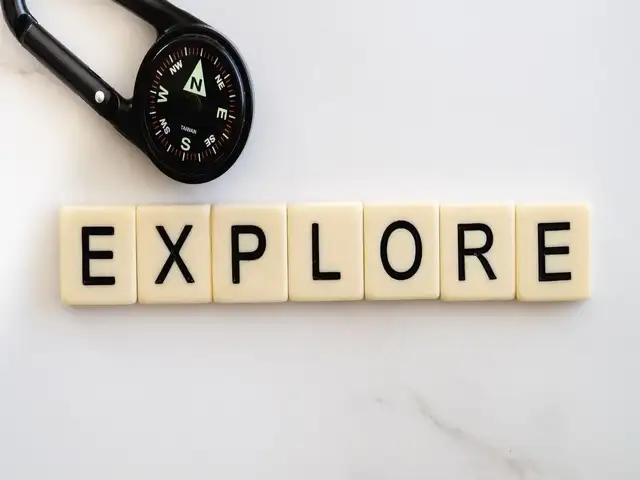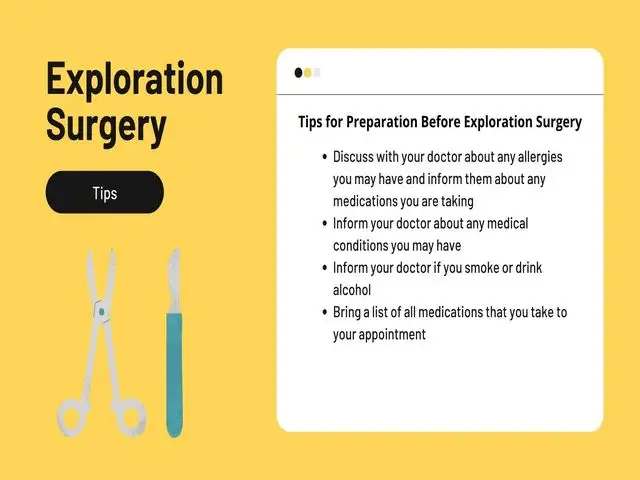Exploration learning is a way of teaching that is based on the idea that learners learn best by actively exploring and investigating.
This approach to learning has been used for centuries by teachers, for example in Montessori schools, and these days it has been adopted in many schools across the world.
How does exploration learning work?
Exploration learning is a form of learning that relies on the learner’s curiosity and desire to explore new things. The learner is not told what to do, but instead they are given the freedom to explore and learn from their own interests.
This type of learning is beneficial for many reasons. It helps students retain information better because they are more engaged in the process. It also helps them develop skills like creativity and critical thinking, which are essential for success in any field of work.

Why is exploration learning important?
Exploration learning is a type of learning that occurs when people are given the freedom to explore and learn about new things.
In this type of learning, learners are not limited to a specific curriculum or course materials. They are allowed to explore and learn what they want, when they want. This is done in order for them to develop their own interests and passions which will help them in the future.
Exploration learning is important because it allows learners to have more freedom and control over their education. It also helps them develop their own interests which may be useful for themselves or others in the future.
What are the benefits of exploration learning?
Exploration learning is a form of learning in which learners are encouraged to explore and pursue their own interests. It is often contrasted with more traditional forms of education, such as direct instruction.
There are many benefits to exploration learning.
One of the main advantages is that it allows learners to explore topics and topics that they might not have been exposed to before.
Another main advantage is that it allows for higher levels of creativity because learners are free to pursue their own interests and not be constrained by what the teacher thinks they should be interested in.
Exploration learning also helps develop problem-solving skills, critical thinking skills, and creativity skills which will help learners throughout their lives.
Tips for exploration learning
Exploration learning is a type of learning that is not structured, guided or directed and it is also not based on any specific curriculum.
The following are some tips for exploring and learning:
- Explore the world and learn new things about yourself.
- Explore your interests.
- Keep a journal for your thoughts and feelings.
- Find a role model to show you what is possible.
- Surround yourself with people who are supportive and have good values.
What are the disadvantages of exploration learning?
Exploration learning is a method of teaching that involves students exploring the subject and learning by themselves. It is an effective way of learning because it keeps the student engaged. However, it has some disadvantages as well.
The first disadvantage is that exploration learning is not suitable for all types of subjects. For example, if you are teaching history, you cannot leave the students to explore and learn on their own because they won’t be able to learn everything about history in one day. Another disadvantage of exploration learning is that the student may not be able to understand the lesson properly if he or she does not have a good understanding of what they are exploring.
What is the difference between exploration learning and discovery learning?
Exploration Learning:
- Students are able to explore the topic or material by themselves.
- The teacher is not a guide, but an observer.
- Students are free to explore, and the teacher should be available to answer questions when needed.
- There is no set curriculum or lesson plan.
- The students need to be motivated and self-directed.
Discovery Learning:
- Teachers are the guides in this form of learning.
- The curriculum and lesson plan is set by the teacher, but it can be changed as needed to suit the needs of each individual student.
- The goal is for students to learn through discovery, which means that they need guidance from teachers who have a deep understanding of the subject matter
Is exploration learning just about finding information?
The term “exploration learning” is often used to refer to an educational approach that focuses on students’ active exploration of a topic.
This type of learning is not just about finding information. It’s about understanding how the content relates to the world around us and how it can be applied in different contexts.
It’s about understanding the relationships between different concepts, and how they affect each other, rather than memorizing facts and figures.
How does one use an exploratory approach to learning?
The exploratory approach to learning is a process that helps people explore and find their own answers to a given problem. It is more of an open-ended process as opposed to the traditional linear approach. The exploratory learning process includes the following steps:
- Defining the problem
- Gathering information about the problem
- Evaluating possible solutions for solving the problem
- Implementing one solution, evaluating its effectiveness, and then repeating this cycle until we have found a solution that works best for us.
- This process can be applied to any type of task or goal that we may have in life.
the benefits of using exploration learning in a classroom setting
Exploration learning is a type of learning where the learner has the freedom to explore their environment and learn about it. The benefits of exploration learning are that it provides a more personalized, hands-on approach to education. It also helps in developing critical thinking skills and promotes creativity and innovation.
An exploration-based curriculum is one that uses an active and experiential approach to teaching. Exploration-based curriculums are often used by teachers who want their students to be creative thinkers rather than just memorizing facts.
The benefits of using exploration learning in a classroom setting are:
- Provides a more personalized, hands-on approach to education
- Helps develop critical thinking skills
- Promotes creativity and innovation
Strategies for Motivating Learners
Motivation is the key to success. Students need to be motivated if they want to be successful, but it can be hard for teachers and parents to figure out what motivates each learner. Here are 5 strategies that can help motivate learners:
- Use a variety of learning tools and activities learning tools can be designed to motivate students.
For example, WebQuest or an Interactive White Board can help students learn complex material with the right amount of scaffolding that is needed for success. Teachers should also provide opportunities for learners to understand the process behind their learning so that they feel mastery over what they are trying to learn.
- Provide opportunities for students to pursue their learning interests Students should have the opportunity to engage in tasks that they find interesting and will help them succeed in schoolwork or develop a skill set.
The teacher should use a variety of methods and activities to help students learn and practice various skills. These may include academic and non-academic tasks, which may include hands-on learning or direct teaching.
- Provide opportunities for students to learn how to think critically students should have the opportunity to use critical thinking skills in meaningful ways that are likely to result in more successful outcomes. for students in their schoolwork and other activities.
- Provide opportunities for students to learn how to work collaboratively students should have the opportunity to work together with others on projects, tasks, and assignments that require the use of critical thinking skills. , including the ability to adapt to the needs of others, communicate effectively, and think creatively.
- Encourage students to act as moral agents students should have the opportunity to participate in creating meaning for their actions in school and outside of school by adopting a personal code of conduct that is appropriate for their role in relation to others as well as being engaged in civic responsibility.
- Encourage students to discuss their experiences with moral dilemmas students should be encouraged to talk openly with teachers and peers about the moral dilemmas they face and how they work through them. This can be done in small groups or individually.


